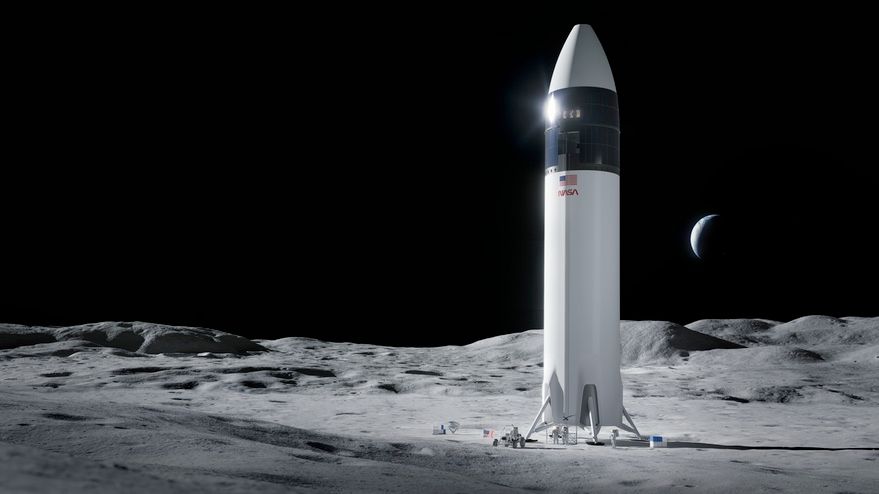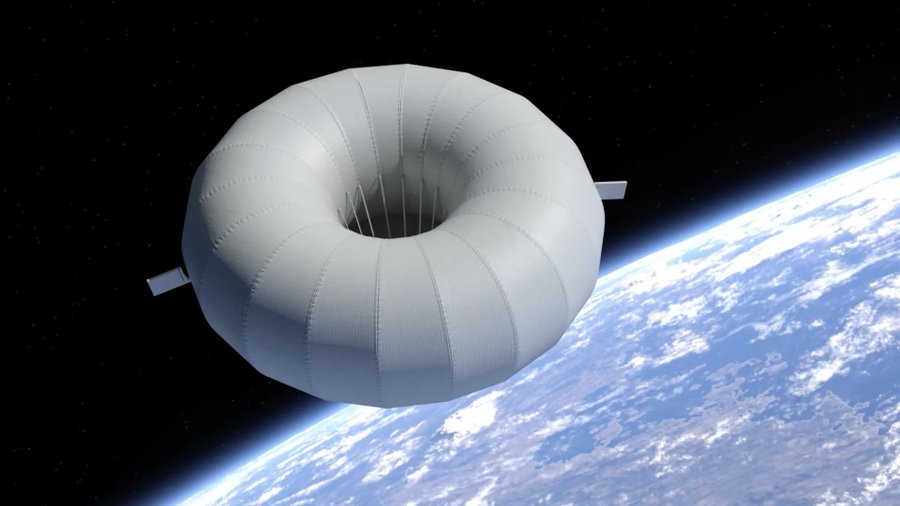It has been announced that the Russian-built Breeze M (Briz-M) upper stage that was responsible for the faulty Proton M launch in August of Telkom 3 and Express MD-2 satellites, has blown up on 16 October. The explosion is thought to have been caused by the mixing of residual hypergolic propellants which are designed to ignite on contact. NASA and the US Air Force are monitoring the debris cloud to see if it threatens the International Space Station or any other spacecraft. US Space Command has catalogued at least 80 pieces of debris.
The two satellites were left stranded on 6 August along with the Breeze upper stage in an elliptical orbit approximately 5012 x 266km at an inclination of 49.9 degrees relative to the equator after the stage’s third engine firing was ended prematurely. The failure was traced to a manufacturing fault which lay in the pressurisation system for the tanks so the normal safing procedure post launch of dumping the propellants into space, could not take place.







